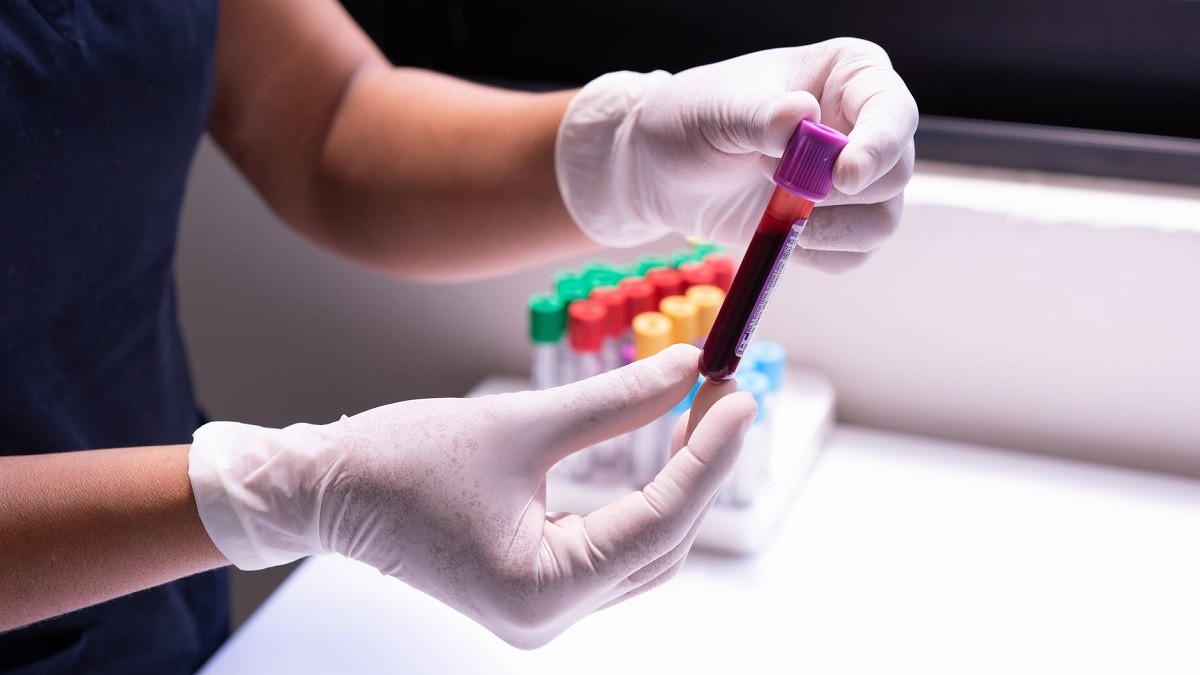Health
New blood test accurately detects 50 types of cancer

- A recently developed blood test can accurately detect over 50 types of cancer before signs or symptoms even emerge.
- The test also has a very low false-positive rate, which helps avoid misdiagnoses.
- The test works by identifying chemical changes to the DNA that leak from tumors into the bloodstream.
Scientists have developed a new blood test that can accurately detect over 50 types of cancer before signs or symptoms even emerge, while also having a very low false-positive rate.
According to the scientists, the simple blood test can identify cancer types that have been difficult to diagnose in the early stages, such as ovarian, pancreatic, and some blood cancers.
US-based company Grail developed the test using a machine learning algorithm. It aims to detect cancers in people with a higher risk of the disease, including patients aged 50 or older. The test looks for methylation patterns or chemical changes to the DNA that leak from tumors into the bloodstream.
The test, which was first reported on by The Guardian last year, has since revealed an impressively high level of accuracy.
The test was performed on 2,823 people with the disease and 1,254 people without. It correctly identified the presence of cancer in 51.5% of cases across all stages of the disease, and incorrectly detected cancer in only 0.5% of cases.
The test was also able to correctly identify the body tissue in which the cancer was located in 88.7% of cases.
Lead author Dr. Eric Klein, chairman of the Glickman Urological and Kidney Institute at Cleveland Clinic in the US, emphasized the impact of the test on cancer detection and public health.
“Finding cancer early, when treatment is more likely to be successful, is one of the most significant opportunities we have to reduce the burden of cancer,” Klein stated.
Dr. Marco Gerlinger, from the Institute of Cancer Research in London and consultant medical oncologist at the Royal Marsden NHS foundation trust, called the results “impressive,” especially given the low false-positive rate.
“This will avoid misdiagnoses,” Gerlinger stated. “The test even picked up cancers that were very small, at a stage where many of them could potentially be cured.”
He added that future cancer detection tests “will almost certainly be built around liquid biopsy tests, which detect cancer DNA in the bloodstream.”
However, he noted that the technology “still needs to be tested in actual screening trials before routine use.”
Prof. Peter Johnson, national NHS clinical director for cancer, said, “Blood tests like this could help the NHS meet its ambitious target of finding three-quarters of cancers at an early stage, when they have the highest chance of cure.”
NHS England will also pilot the test in autumn. This will include 140,000 participants and have results by 2023.
The study findings were published in the journal Annals of Oncology.
Source: The Guardian
